Hypertension, or high blood pressure, is a widespread disease that has to be treated with utmost caution. Besides medicines, a healthy lifestyle in the form of regular exercises like yoga can do wonders in controlling hypertension.
Advantages of Yoga for Hypertension
Yoga comprises body postures, breathing, and meditation, and all of them can control blood pressure. Yoga on a daily basis has numerous advantages:
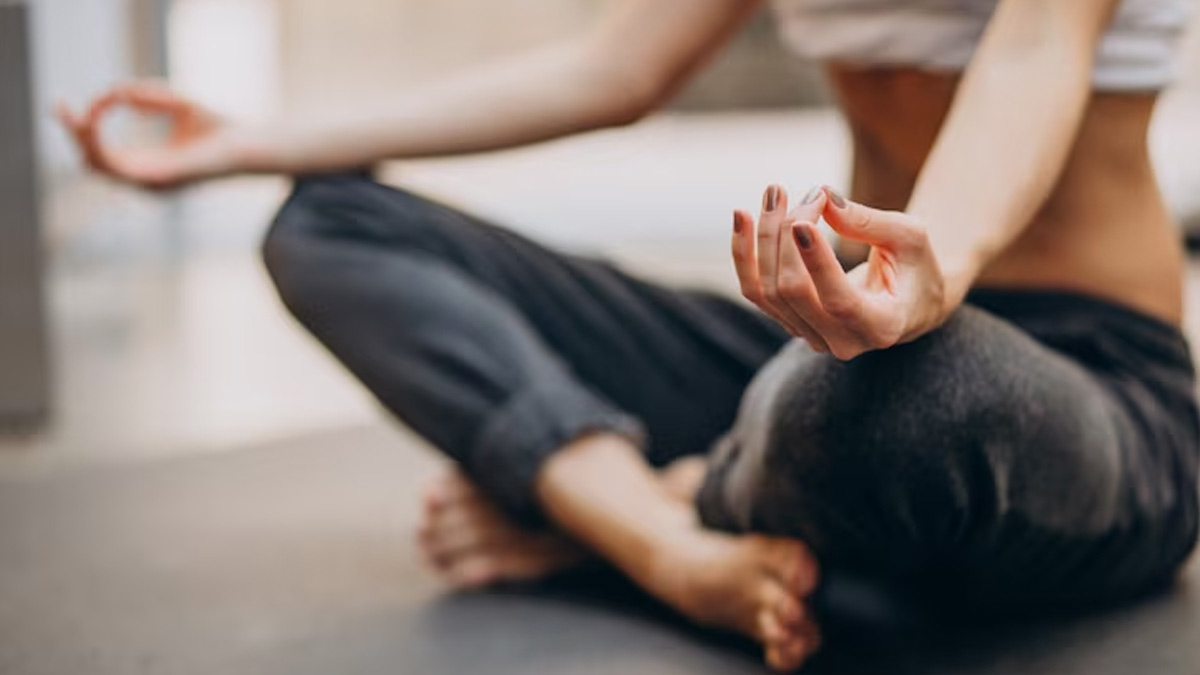
- Stress Reduction: Practice of deep breathing and meditation in yoga activates the parasympathetic nervous system, resulting in relaxation and stress reduction, an essential part of hypertension.
- Enhanced Circulation: Certain yoga poses activate increased circulation in the body, maintaining cardiovascular efficiency and blood pressure regulation.
- Increased Muscle Strength and Flexibility: Regular practice of yoga exercise makes muscles strong and flexible, thus enhancing the overall health of the body as well as heart function.
Yoga Postures Useful for Hypertension
Performing some specific yoga postures as a regular part of your life can be very useful in controlling high blood pressure:
- Child’s Pose (Balasana):
The calming pose calms the mind and lets go of body tension, resulting in relaxation.

- Seated Forward Bend (Paschimottanasana):
The calming pose calms the mind and lets go of body tension, resulting in relaxation.

- Bound Angle Pose (Baddha Konasana):
This hip opener stimulates circulation and calms the body.
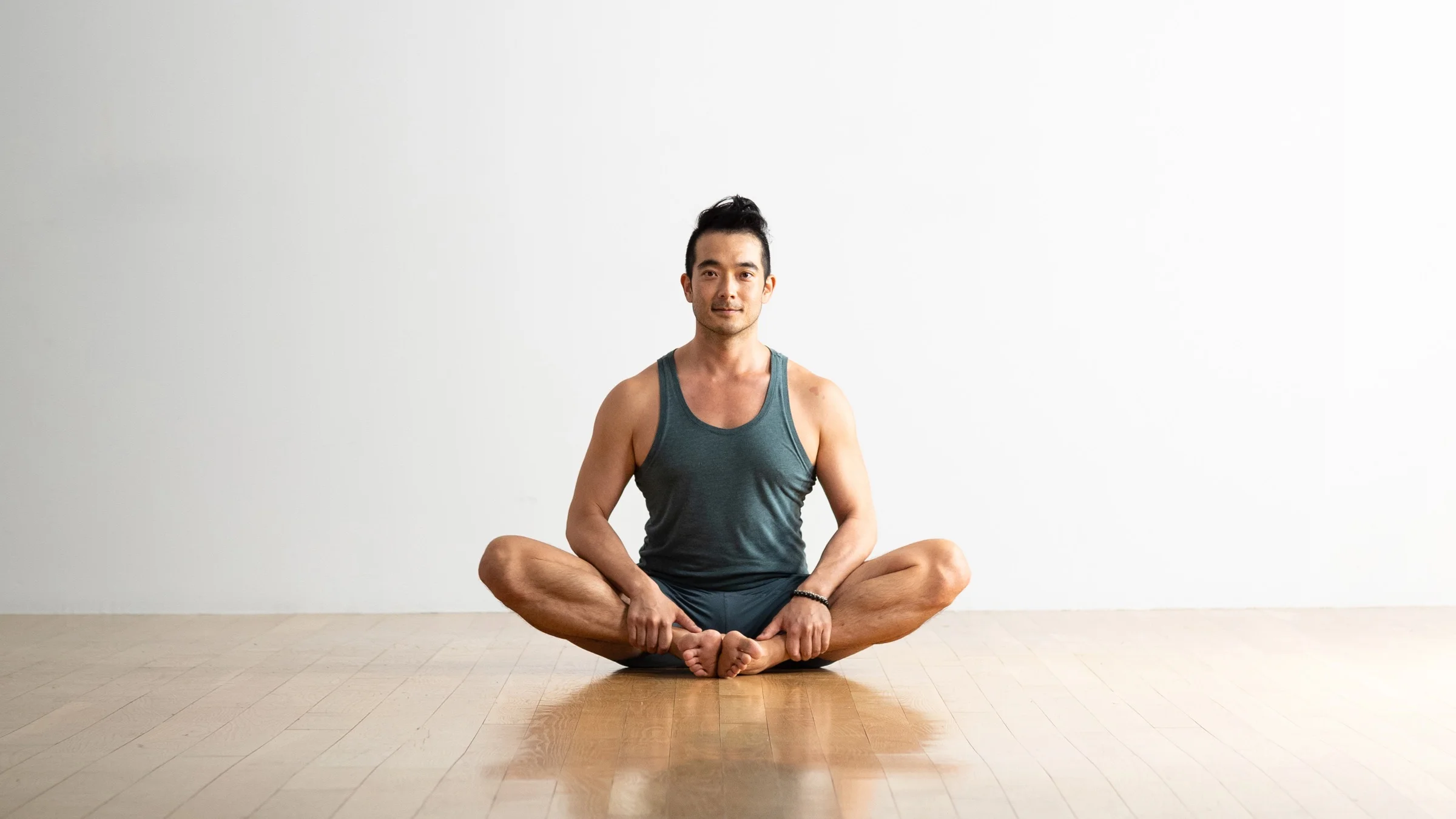
- Head-to-Knee Pose (Janu Sirsasana):
This forward bend diminishes mental tension and tension in the body, resulting in relaxation.
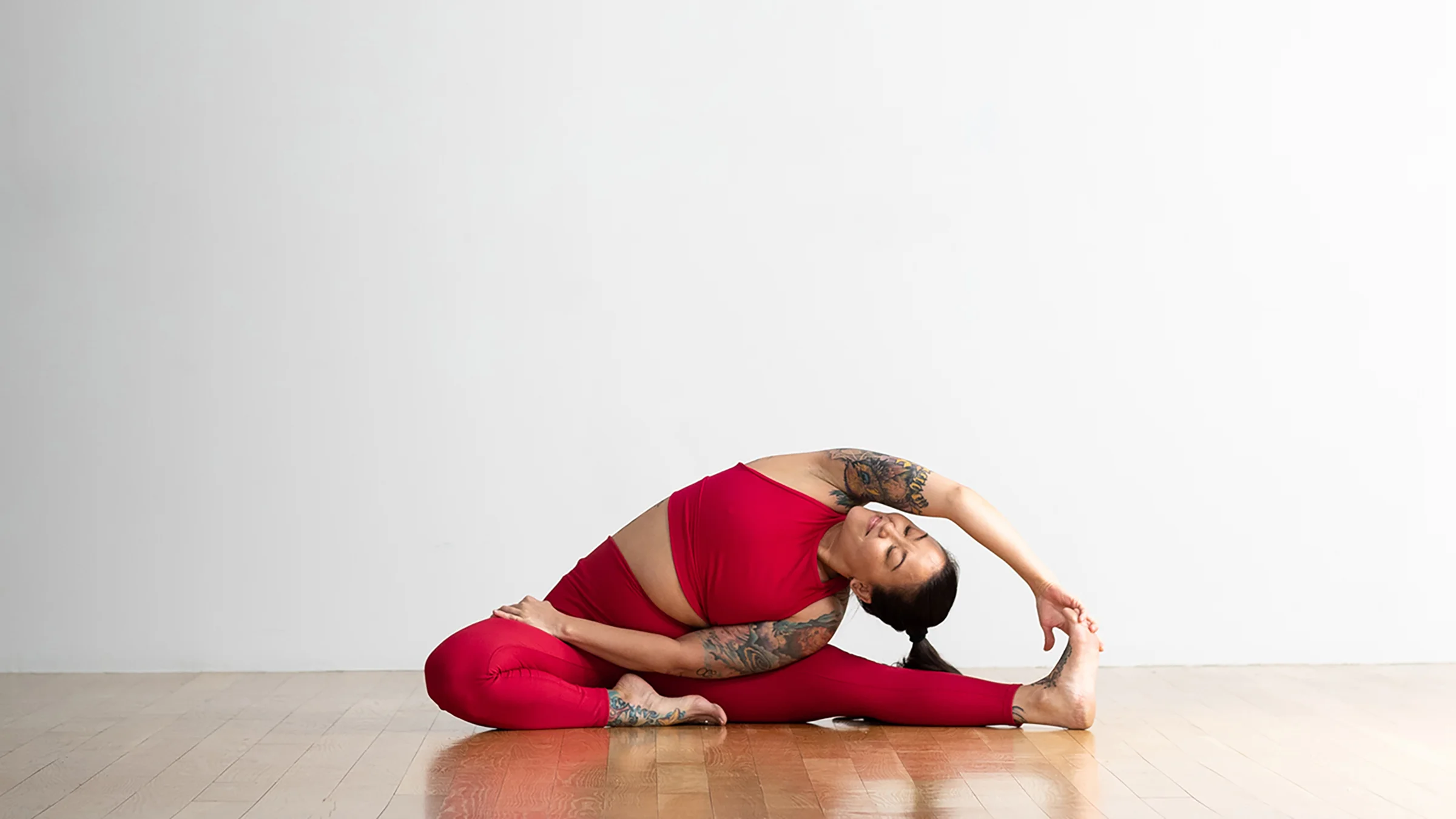
- Bridge Pose (Setu Bandhasana):
This backbend opens the chest and stimulates circulation, which benefits the heart.
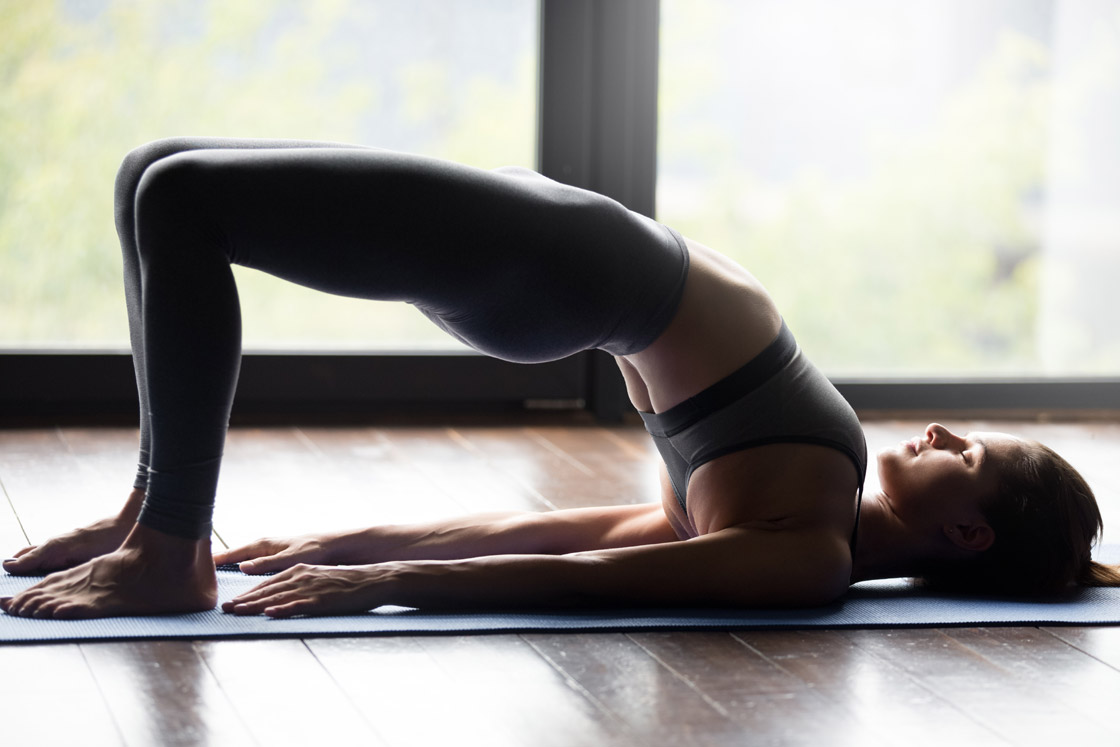
- Legs Up the Wall Pose (Viparita Karani):
This calming pose creates relaxation and relieves stress, aiding with blood pressure.
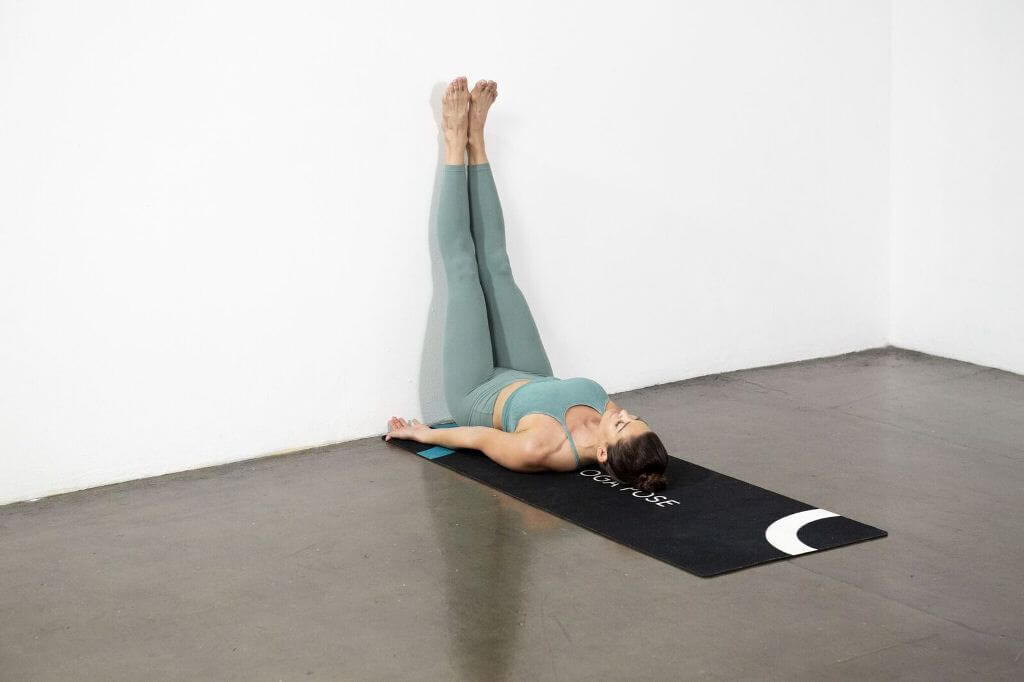
Practical Tips
- Regularity: Attempt to practice yoga on a regular schedule, ideally 3-4 times a week, to realize its complete benefit.
- Consultation: Consult your health care provider prior to taking up a practice of yoga, especially if you are afflicted by an existing illness.
- Aware Breathing: Mindful slow deep breathing during practice to achieve full relaxation and also to control blood pressure.
Yoga as a way of life can be a useful adjunct in the management of hypertension, leading to worldwide well-being and quality of life. Reduction of stress, improved circulation, and cardiovascular protection are all achievable through the use of certain yoga postures and states of consciousness. Also, inclusion of a daily regimen of yoga provides an overall holistic pattern of health-directed behavior in the upkeep of body and emotional well-being.
















